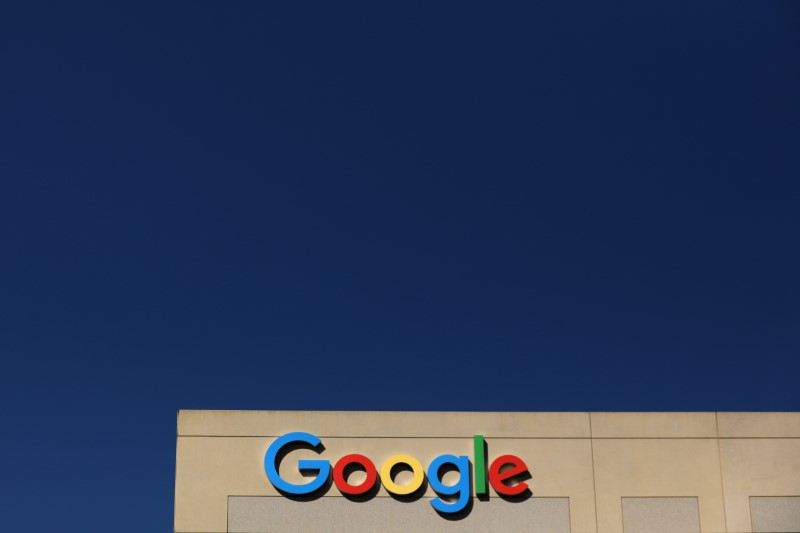This post was originally published on this site
https://i-invdn-com.investing.com/trkd-images/LYNXMPEJ5R0C2_L.jpg
BRUSSELS (Reuters) – Businesses and Big Tech on Wednesday criticised European Union data rules agreed between EU countries and lawmakers, saying they could hinder data flow and contractual freedom, while a pan-European consumer group said they did little for Europeans.
The Data Act, agreed on Tuesday, sets out rights and obligations for how Big Tech and companies use European consumer and corporate data, focusing on that generated in smart devices, machinery and consumer products.
Revelations by former U.S. intelligence contractor Edward Snowden in 2013 of mass U.S. surveillance have led to EU concerns about data transfers.
DIGITALEUROPE, whose members include Airbus, U.S. tech giants such as Amazon (NASDAQ:AMZN) and Google (NASDAQ:GOOGL), GFK, Nokia (NYSE:NOK), Qualcomm (NASDAQ:QCOM), Philips, SAP, Siemens and Sony (NYSE:SONY), said the data agreement fell short of businesses’ expectations.
“The Data Act will place European industry at a disadvantage by forcing it to give up hard-earned data and restricting contractual freedom, potentially leading to a new wave of de-industrialization and poses risks to our cybersecurity,” its director-general, Cecilia Bonefeld-Dahl, said in a statement.
Tech lobbying group Computer & Communications Industry Association (CCIA) said the new rules disadvantage Big Tech -labelled as large online platforms under separate newly adopted EU tech legislation – and hence limits consumers’ choice.
“The deal prohibits users from transferring data to connected devices or services of their own choice, if those are operated by companies designated ‘gatekeepers’ under the Digital Markets Act (DMA), such as popular tech firms,” CCIA said.
It said the lack of adequate safeguards may lead to competitors free-riding on the data of other device makers and service providers.
The European Consumer Organisation (BEUC) lamented the agreement as a missed opportunity to do more for users.
“The EU institutions have given too much flexibility to companies who can now prevent consumers from sharing data with other service providers on the basis it constitutes a trade secret, for example,” said BEUC Deputy Director General Ursula Pachl.

